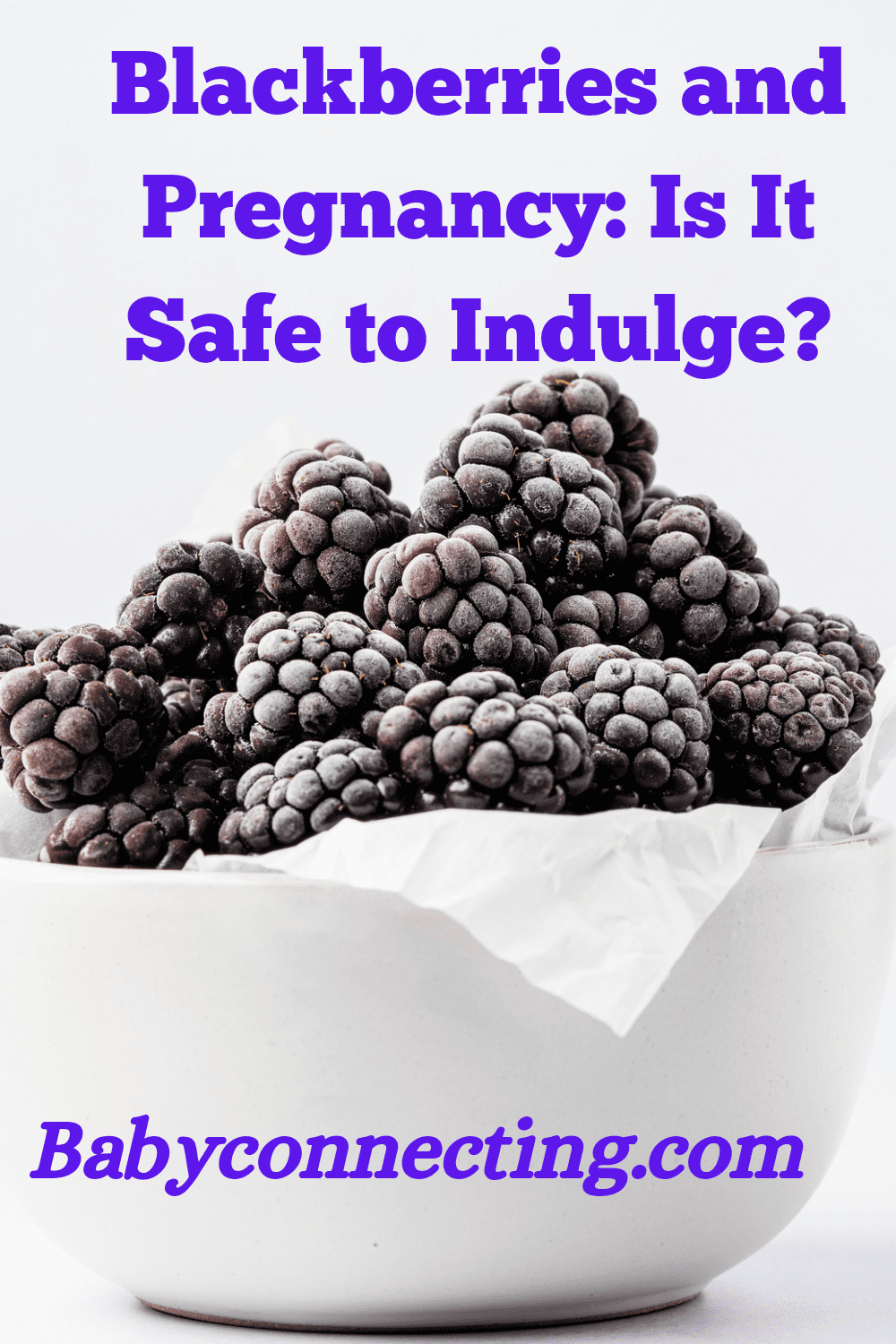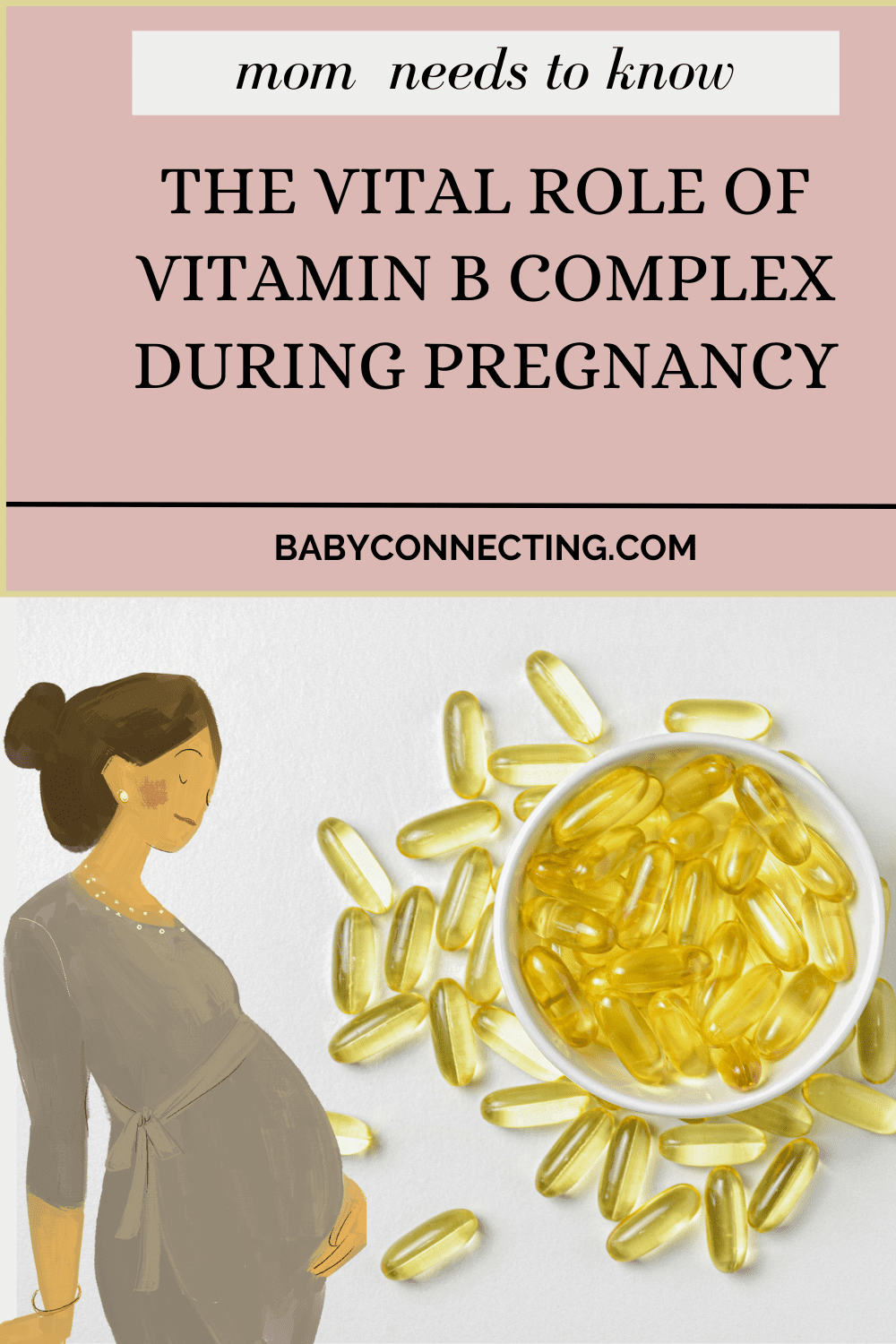Blackberries and Pregnancy: Is It Safe to Indulge?
Introduction:
Pregnancy is a time of heightened awareness about diet and nutrition, with expectant mothers often wondering about the safety of various foods. Blackberries, known for their delicious taste and numerous health benefits, are a popular choice for many. However, concerns about their safety during pregnancy may arise due to potential risks or uncertainties.
In this blog post, we’ll explore whether you can enjoy blackberries while pregnant, weighing the pros and cons and offering insights backed by research and expert opinions.
Pros and Cons:
Pros:
– Nutrient-Rich: Blackberries are packed with essential nutrients such as vitamins C and K, fiber, and antioxidants. These nutrients support maternal health and contribute to the healthy development of the baby during pregnancy.
– Hydration: Blackberries have a high water content, making them hydrating and beneficial for pregnant women who may experience increased thirst and fluid needs.
– Digestive Health: The fiber found in blackberries can aid digestion and help prevent constipation, a common discomfort during pregnancy.
– Immune Support: The vitamin C content in blackberries supports immune function, helping to protect against infections and illnesses during pregnancy.
Cons:
– Pesticide Residues: Like many fruits and vegetables, blackberries may contain pesticide residues, which could pose a risk to the developing baby if consumed in large quantities. Washing blackberries thoroughly before eating can help reduce pesticide exposure.
– Allergic Reactions: Some individuals may be allergic to blackberries or other berries, leading to allergic reactions such as itching, swelling, or difficulty breathing. Pregnant women with known allergies should exercise caution when consuming blackberries.
Key Pointers:
– Moderation is Key: While blackberries offer numerous health benefits, pregnant women should consume them in moderation as part of a balanced diet.
– Wash Thoroughly: To reduce the risk of pesticide exposure, wash blackberries thoroughly under running water before consuming them.
– Listen to Your Body: Pay attention to how your body responds to blackberry consumption during pregnancy. If you experience any adverse reactions, consult with your healthcare provider.
Research on the safety of blackberries during pregnancy is limited, but studies on the safety of berries in general provide some insights. For example, a review published in the Journal of Toxicology and Environmental Health concluded that while pesticide residues in fruits and vegetables can pose a risk, adhering to proper washing and preparation practices can minimize exposure (J Toxicol Environ Health B Crit Rev. 2015;18(5):213-40). Additionally, a study published in Food Additives & Contaminants: Part A found that washing fruits and vegetables under running water significantly reduced pesticide residues (Food Addit Contam Part A Chem Anal Control Expo Risk Assess. 2010;27(11):1518-24). These findings underscore the importance of proper food handling practices during pregnancy to minimize potential risks.
In conclusion, blackberries can be a nutritious addition to a pregnancy diet, providing essential nutrients and hydration. While there are potential risks to consider, such as pesticide residues and allergic reactions, these can be mitigated through moderation, thorough washing, and awareness of personal sensitivities. By incorporating blackberries mindfully into their diet, pregnant women can enjoy their benefits while supporting their health and the health of their baby.



